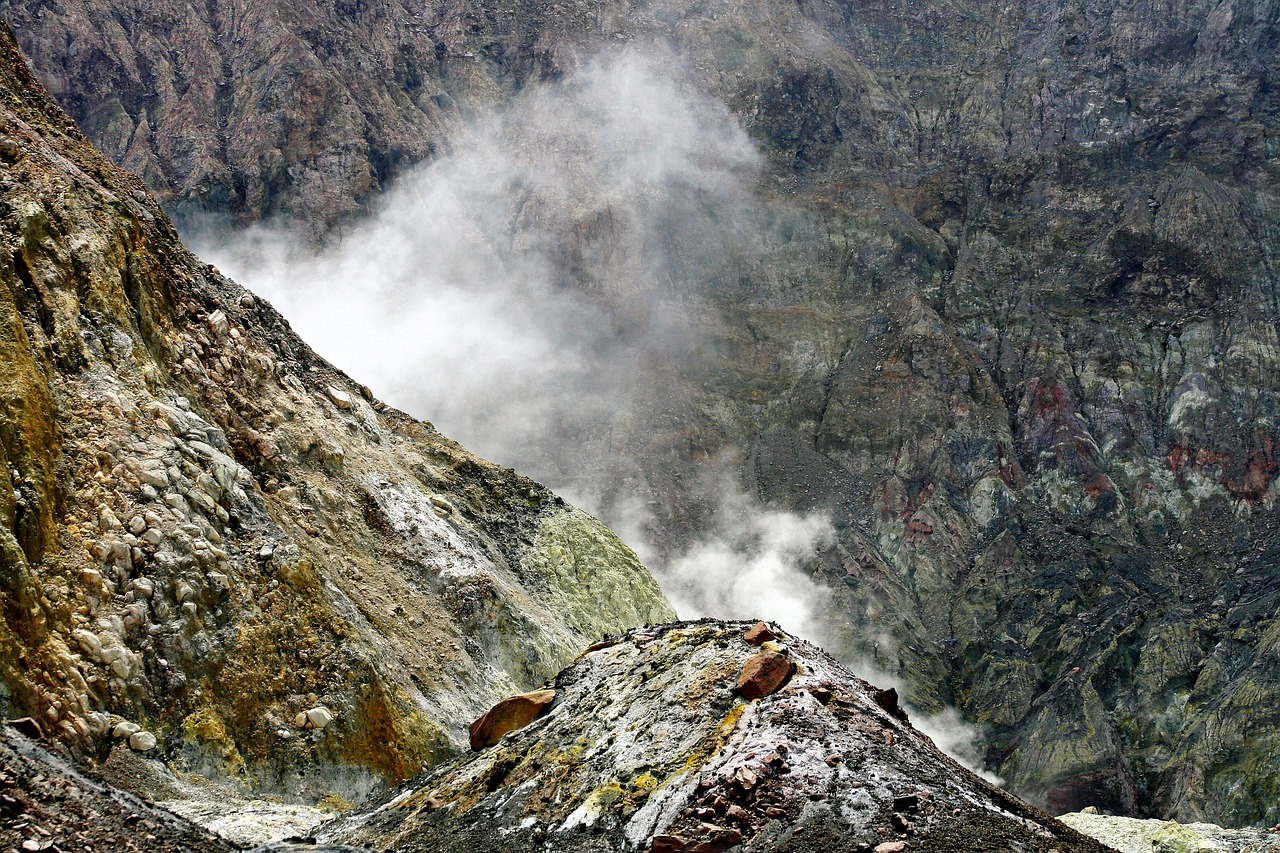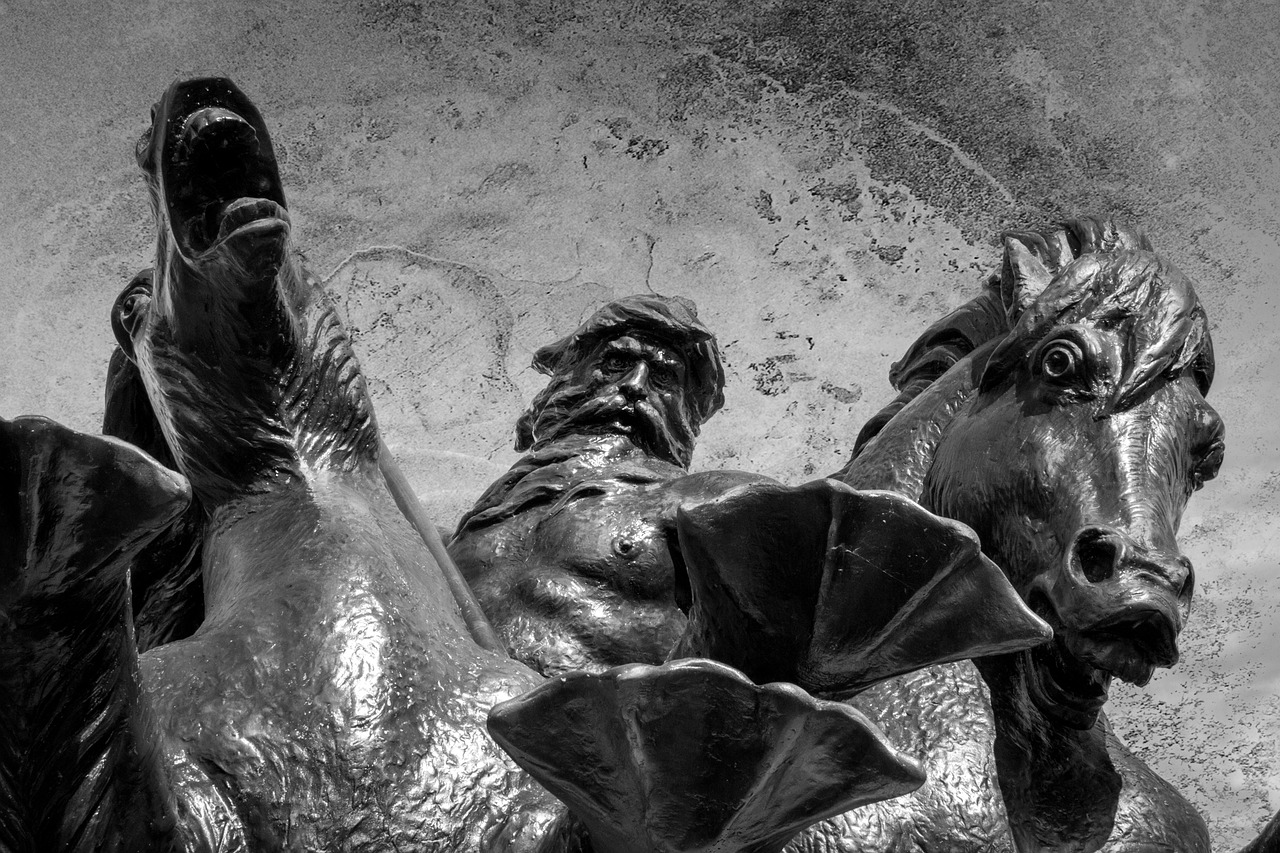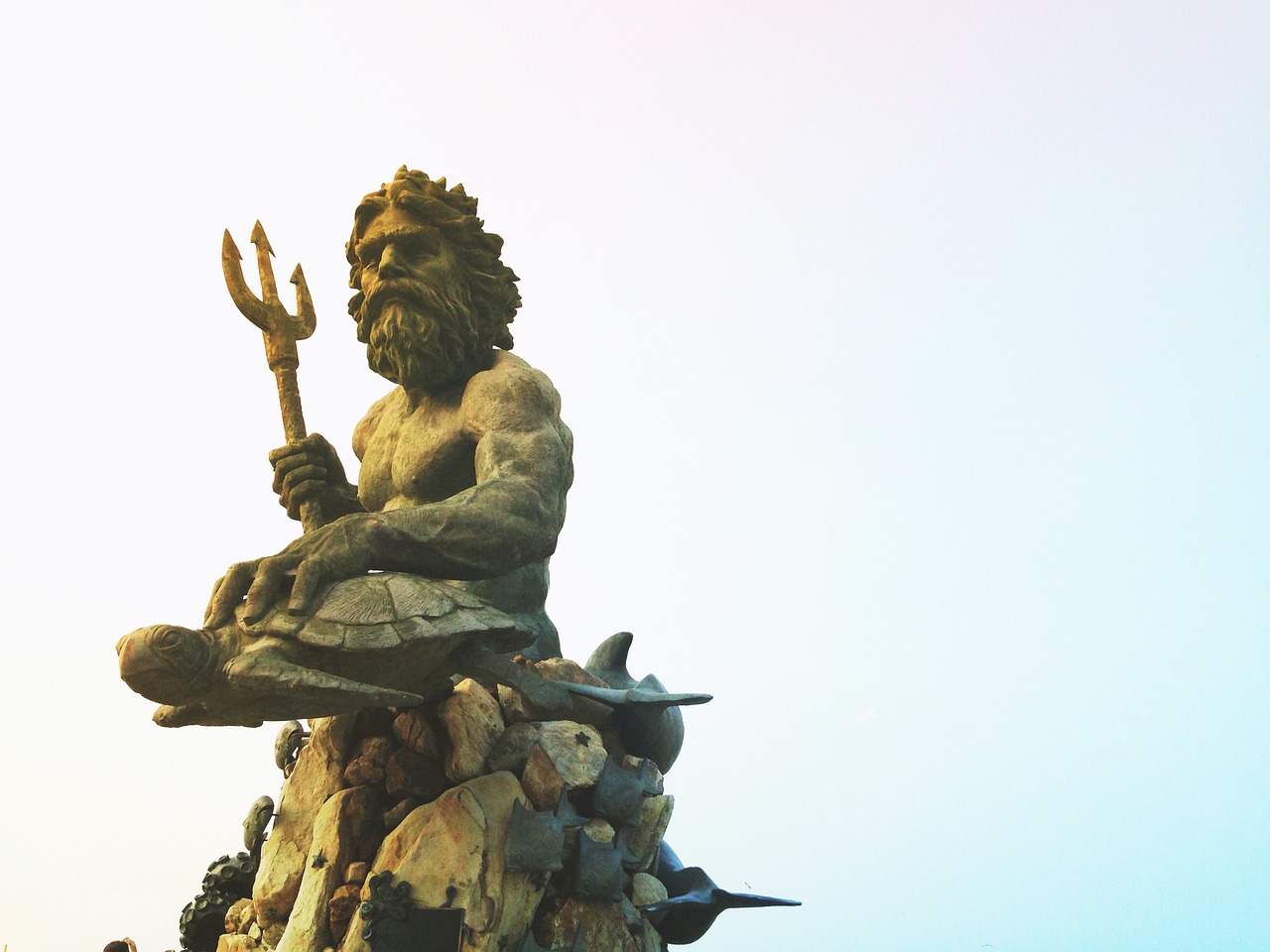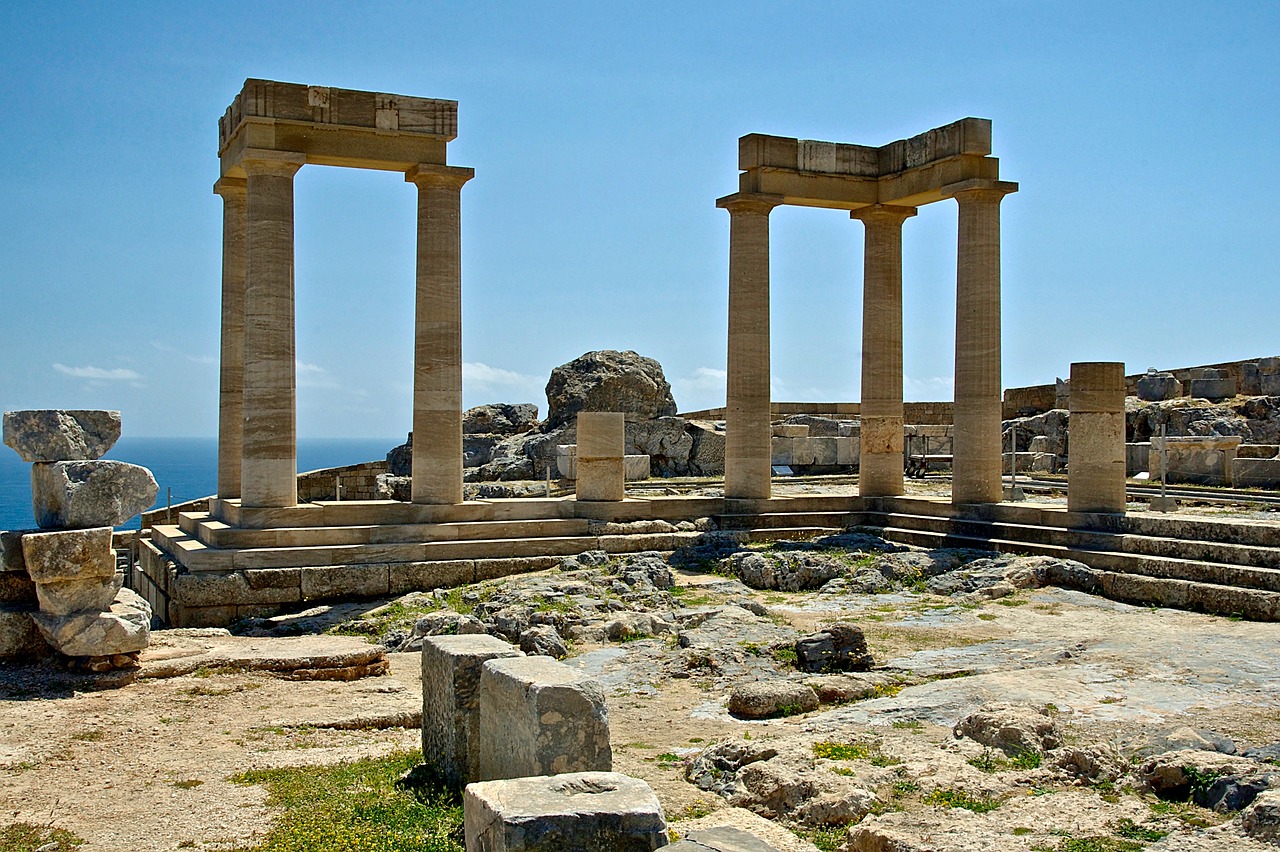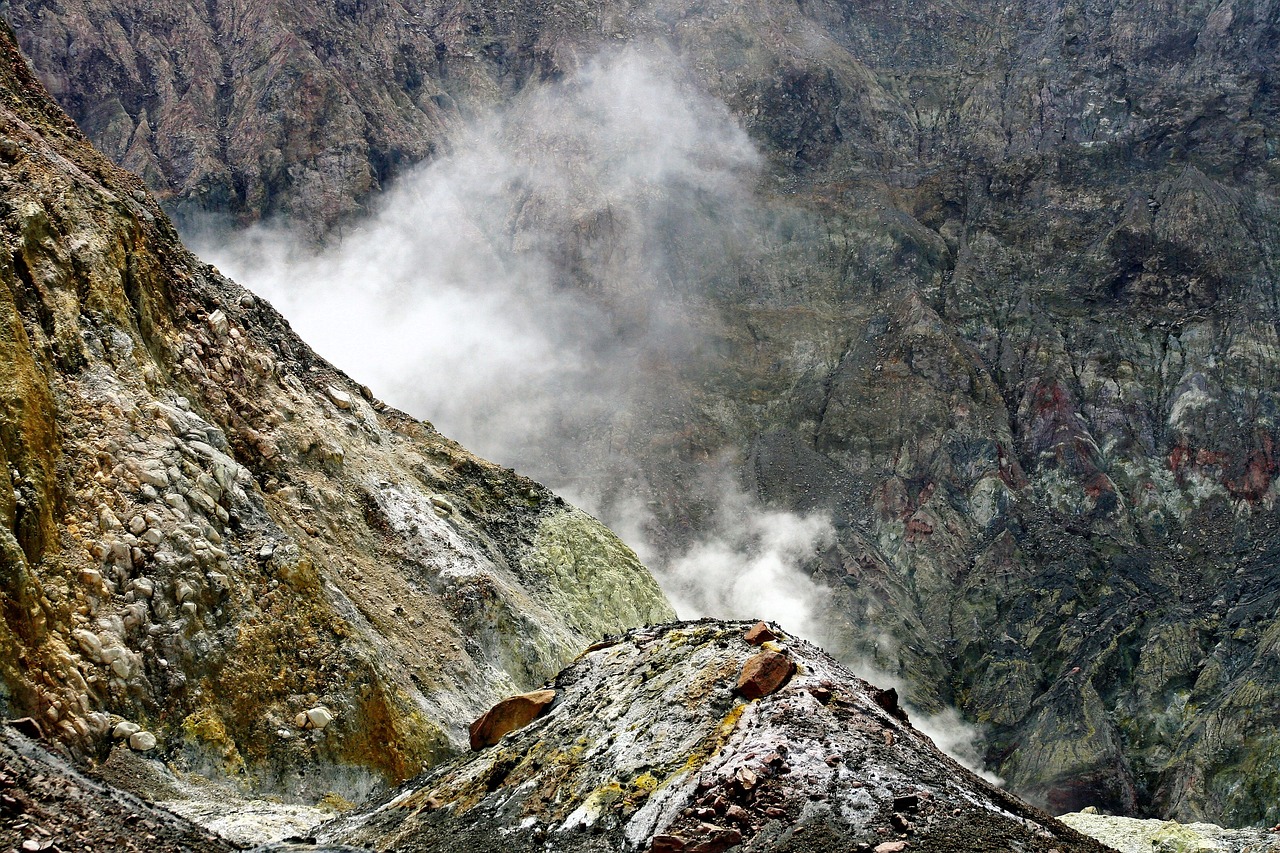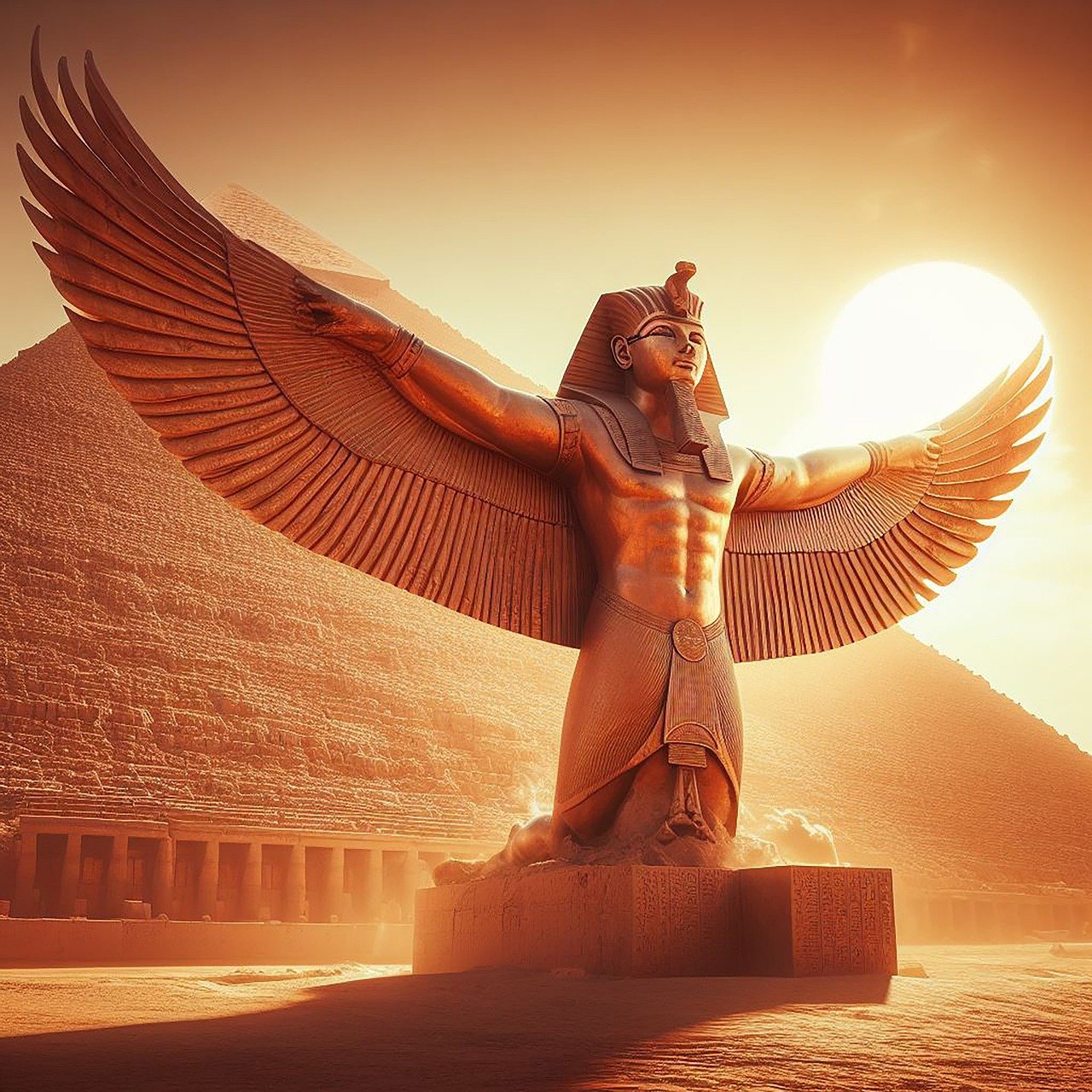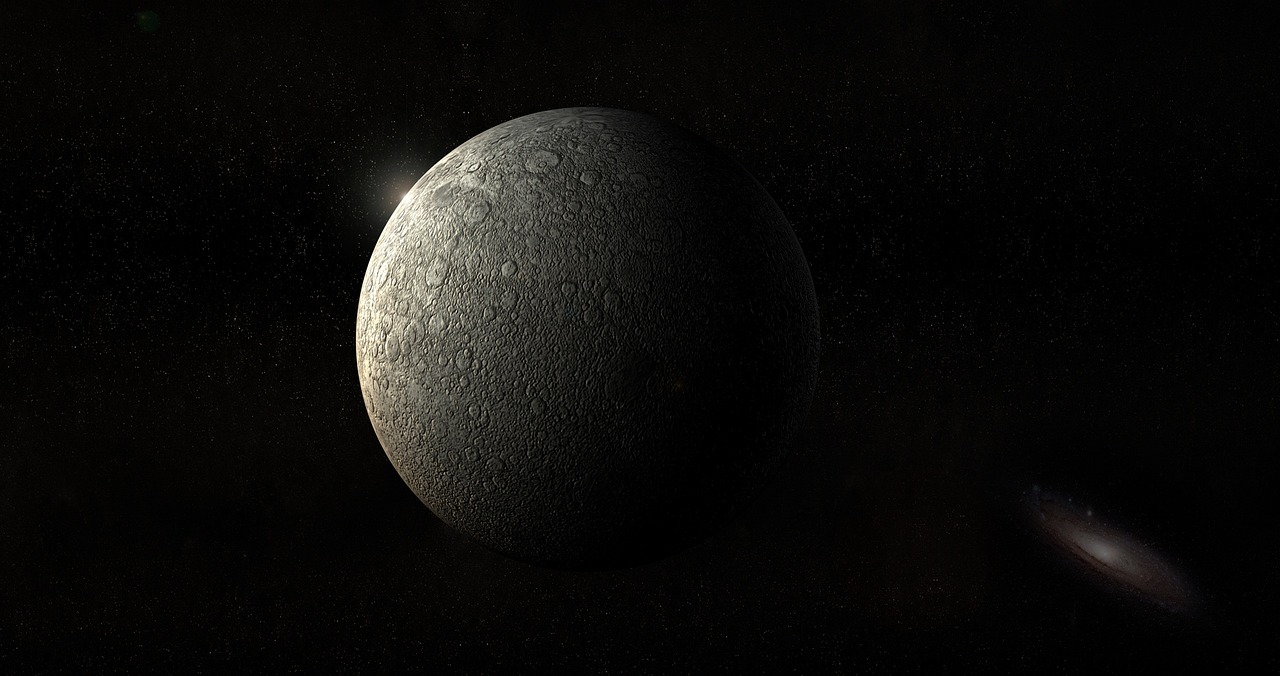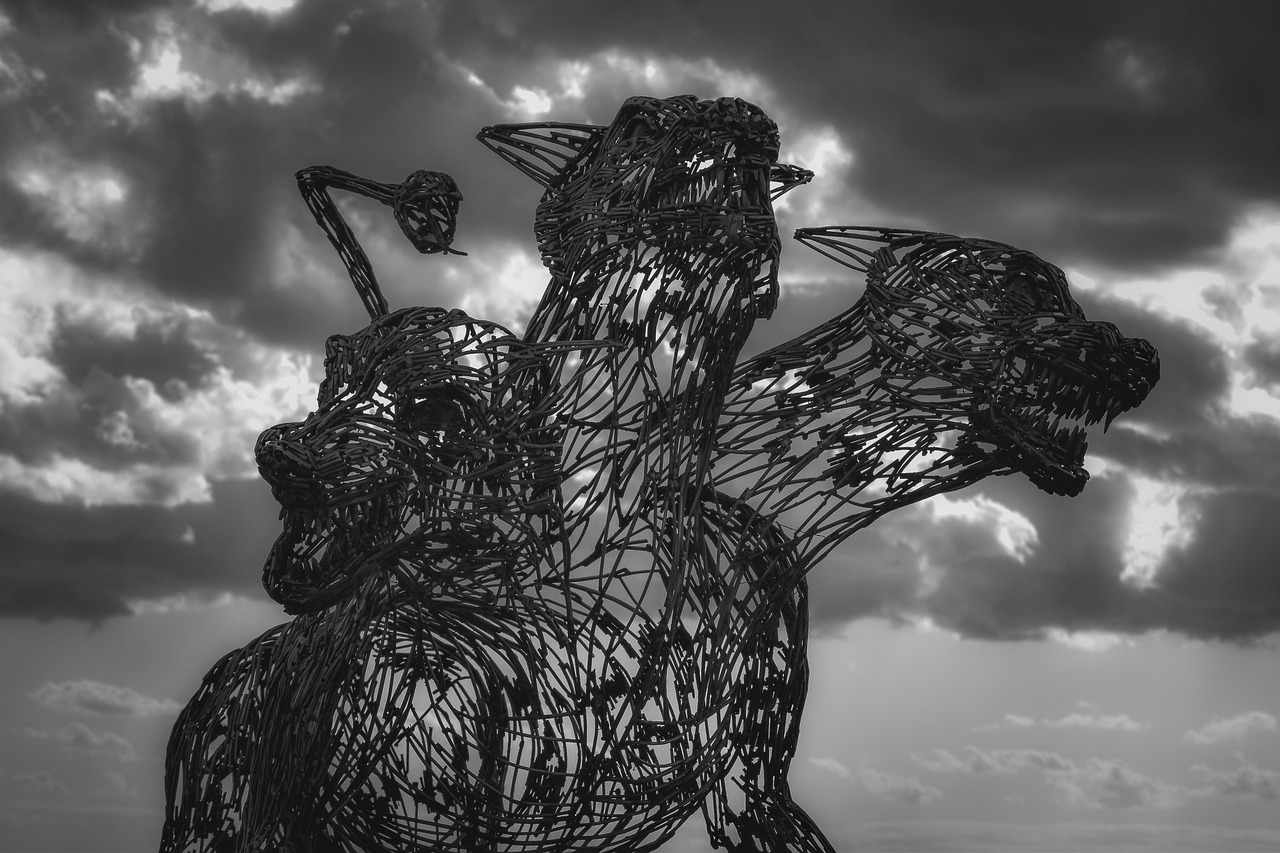Tag: Greek mythology
-
Rhea, also known as Rheia, is a significant Titan and mother goddess within Greek mythology. She is the offspring of Gaia (the Earth) and Uranus (the Sky) and is notably recognized as the mother of the esteemed deities of Mount Olympus. Rhea shares a close affiliation with the Phrygian mother goddess Cybele, and her Roman…
-
Hades: The Ruler of the Underworld In the realm of ancient Greek religion, Hades, often referred to as Aïdes, stands out as the god of the underworld. He is the offspring of the Titans Cronus and Rhea, sharing family ties with prominent deities such as Zeus, Poseidon, Demeter, Hera, and Hestia. This domain, notoriously seen…
-
In the realm of Ancient Greek mythology, Poseidon is revered as the god overseeing the sea, storms, earthquakes, and equine creatures. Often equated with the Roman deity Neptune, Poseidon holds a significant position, being the sibling of Zeus and Hades—deities representing the sky and the underworld, respectively. Who is Poseidon? As the guardian of sailors…
-
Selene: The Moon Goddess of Greek Mythology Selene, known as the Titan goddess of the Moon, was portrayed in ancient art as a captivating figure, often seen riding sidesaddle on a horse or guiding a chariot pulled by winged horses. Her lunar presence was symbolized by a crescent adorning her head, or the elegant folds…
-
Athena, known in Greek mythology as the goddess of wisdom, warfare, and crafts, plays a crucial role as the protector of cities, particularly in the realm of civilization. Often correlated with her Roman equivalent Minerva, she stands in contrast to Artemis, the goddess associated with the wilderness. Many believe that Athena may have originated as…
-
Hades: The Ruler of the Underworld Hades, known in ancient Greek religion as the god of the underworld, is depicted in mythology as both a feared and misunderstood figure. As the offspring of the Titans Cronus and Rhea, he stands alongside his siblings: Zeus, Poseidon, Demeter, Hera, and Hestia. After the overthrow of Cronus, the…
-
Nyx, also referenced as Nox or the Night, embodies the concept of night within Greek mythology. Emerging from Chaos, she is classified as a primordial deity (Protogenoi), a term that encompasses the elemental and physical forces of existence, signifying the first generation of divine entities from which all gods, heroes, and beasts of Greek lore…
-
Hera, revered as the queen of the Olympian gods, embodies the Greek goddess of marriage, family, and the protector of women. Frequently depicted as a powerful matron adorned with a diadem, or as a veiled married woman, her character is both fierce and vengeful. Symbols associated with her include the pomegranate, scepter, and crown. Key…
-
Andromeda: The Princess of Greek Mythology and Her Celestial Legacy Andromeda, a prominent figure in Greek mythology, is known as the daughter of Cepheus, the king of Aethiopia, and his consort, Cassiopeia. The tale most associated with her is that of her rescue by the valiant hero Perseus, who thwarted the demands of a sea…
-
Greek mythology encompasses the rich tapestry of stories that detail the gods, heroes, and rituals integral to the ancient Greeks and their classical heritage. While certain philosophers, like Plato in the 5th-4th centuries BCE, acknowledged a fictional facet within these myths, the general populace often accepted them as factual narratives that reflected their beliefs. The…


